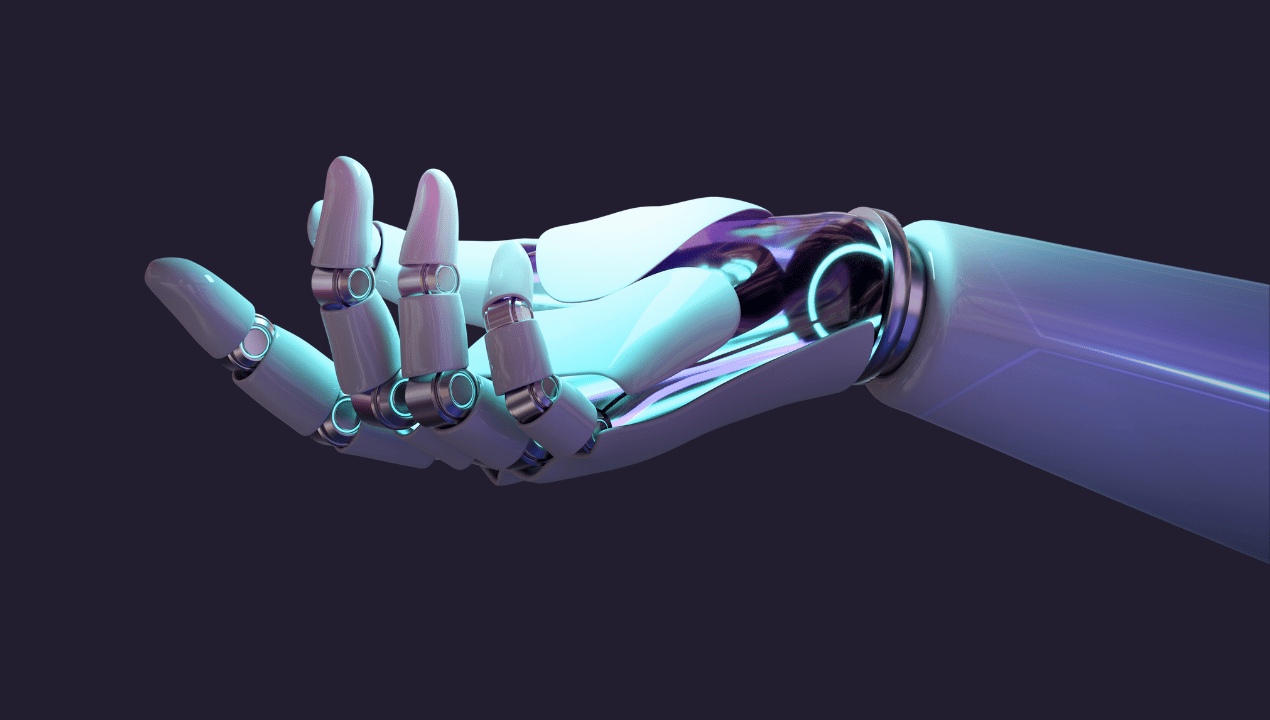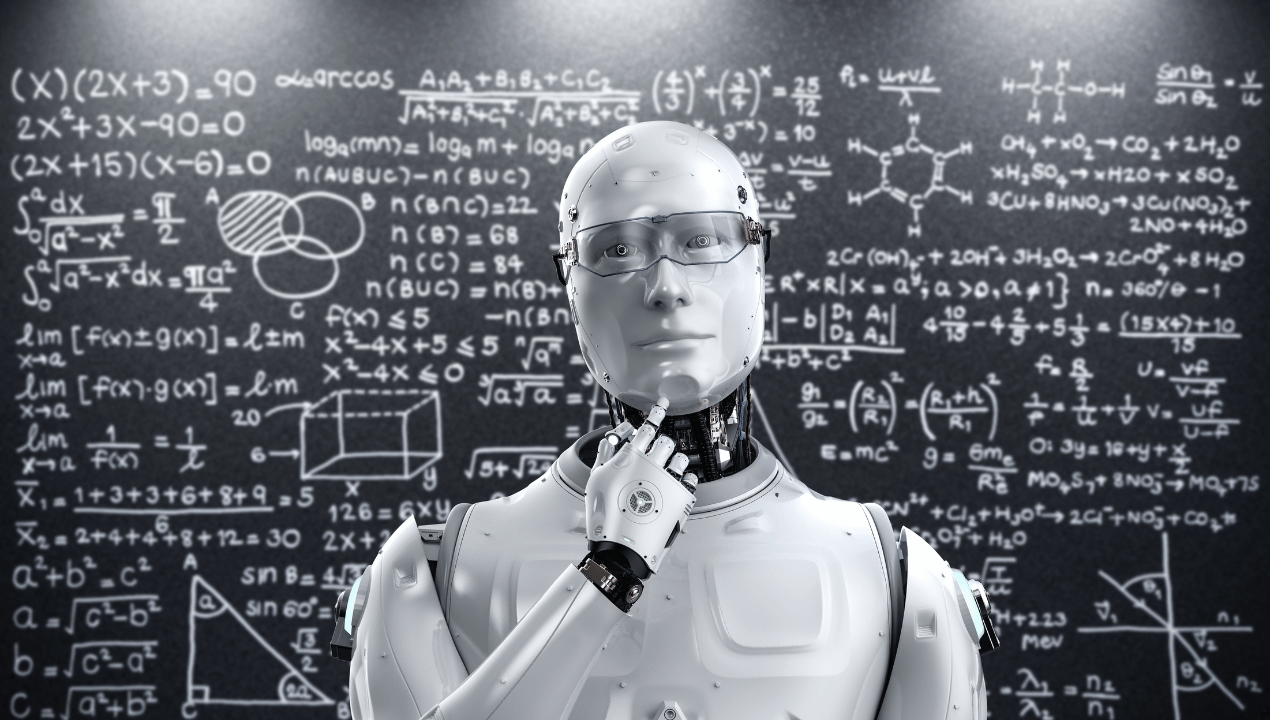In the rapidly evolving landscape of technology, the quest for supremacy in Artificial Intelligence (AI) has emerged as a pivotal arena for global power dynamics. In this article, we’ll explore the AI (Artificial intelligence) arms race and global competition in the age of intelligent machines.
The AI arms race is a multifaceted battle, encompassing not just technological innovation but also geopolitical strategy and ethical considerations. This article delves deeper into the complexities of this race, exploring how various nations are positioning themselves and what this means for the future of global order. We will unravel the intricate tapestry of ambitions, fears, and aspirations that this competition brings to the fore.
By 2021, global spending on AI systems was forecasted to reach over $62 billion, a clear indicator of the strategic importance of this technology. In this article, we’ll explore the AI (Artificial intelligence) arms race and global competition in the age of intelligent machines.
The Emergence of AI as a Geopolitical Tool
The transformation of AI from a subject of academic curiosity to a cornerstone of national security and economic strategy is a development of profound significance. Across the globe, nations have begun to realize that AI is not merely another industrial resource but a strategic asset that can reshape military, economic, and diplomatic landscapes.
In the corridors of power, from Washington D.C. to Beijing, AI has become synonymous with national prowess. This section will explore how countries are harnessing AI for national defense, intelligence, and cyber capabilities, thereby reshaping the contours of international power.
For instance, the U.S. Department of Defense’s AI strategy, coupled with initiatives like the Joint Artificial Intelligence Center, underscores the military importance of AI. Similarly, China’s “New Generation Artificial Intelligence Development Plan” aims to create a $150 billion AI industry by 2030.
Leading Players and Their Strategies for AI Arms Race
In the race for AI dominance, the United States and China are often spotlighted as the predominant competitors. The U.S., with its thriving Silicon Valley ecosystem and legacy of technological innovation, has long been at the forefront of AI research. However, China’s ambitious state-supported AI strategy, aiming for global leadership by 2030, represents a formidable challenge.
This strategy encompasses a broad spectrum of initiatives, from government funding in AI research to integrating AI into military applications. Europe’s role in this race is equally significant, with a focus on balancing technological advancement with ethical frameworks. Countries like the UK, Germany, and France not only invest in AI development but also lead the charge in setting global standards for responsible AI usage.
The Impact on Global Dynamics with AI Arms Race
The AI arms race is altering the fabric of international relations and economic structures. On an economic front, it drives investment and sparks unprecedented levels of innovation, creating new technological leaders while disrupting established industry giants. In this article, we’ll explore the AI (Artificial intelligence) arms race and global competition in the age of intelligent machines.
Politically, the race has opened a new theater of competition, reminiscent of historical technological rivalries such as the Cold War’s space race. This competition extends beyond mere technological prowess, influencing global diplomacy, trade policies, and security alliances. This section will delve into how this new race is reshaping international alliances and creating novel challenges in global governance.
For example, according to PwC, AI could contribute up to $15.7 trillion to the global economy by 2030, with China and the U.S. expected to gain the most.
Challenges and Ethical Considerations
The rapid pace of AI development brings to light several formidable challenges. Key among these is the ethical deployment of AI, particularly in sensitive areas like autonomous weaponry and mass surveillance. The struggle to balance the relentless pursuit of technological advancement with moral and ethical constraints is at the heart of this discussion.
This part of the article will explore the global discourse on AI ethics. Focusing on how various countries are addressing these challenges while fostering innovation. It will also discuss the pivotal role of international regulatory frameworks in maintaining a balance between innovation and ethical responsibility.
The Road Ahead for AI Arms Race
The future of the AI arms race is not a mere contest of technological milestones. It’s a journey towards defining the ethical, legal, and social norms that will govern AI usage. The path ahead involves not just national strategies but also international collaborations that can harness AI’s potential for global benefit.
This future landscape demands a cooperative approach, where competition is balanced with shared guidelines and ethical standards. This concluding section will envisage a future where AI acts as a catalyst for global development. Enhancing human capabilities and addressing critical global challenges.
The Global Impact on Society and Ethics
The AI arms race has profound societal implications. On one hand, AI has the potential to revolutionize industries, enhance quality of life, and solve some of the most pressing global challenges. On the other, it raises critical concerns about job displacement, privacy violations, and the potential for AI-driven inequality.
This part of the article will delve into the social dimension of AI, discussing how different societies are adapting to the AI revolution. It will also address the ethical concerns arising from AI, such as algorithmic bias and the digital divide, exploring how these issues are being addressed at both national and international levels.
Conclusion
The AI arms race is a defining feature of our times, encapsulating the hopes and apprehensions of the digital age. It’s a competition that extends beyond national borders and technological laboratories, touching the lives of every global citizen.
As this race gains momentum, it is incumbent upon world leaders and policy makers. So, to ensure that the march of AI aligns with the broader objectives of human progress and ethical governance. The age of intelligent machines offers not just challenges. But also immense opportunities – opportunities that, if harnessed responsibly. So, can lead to unprecedented advancements in human welfare and global cooperation.




